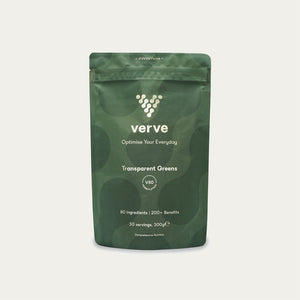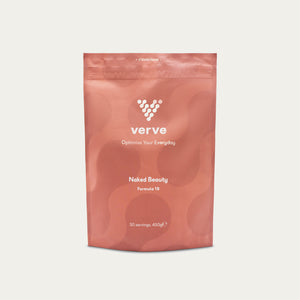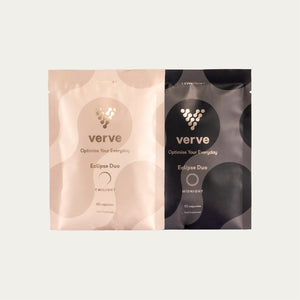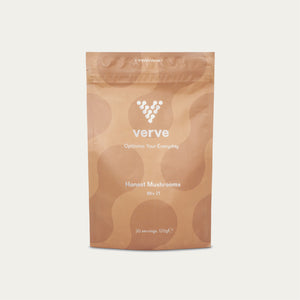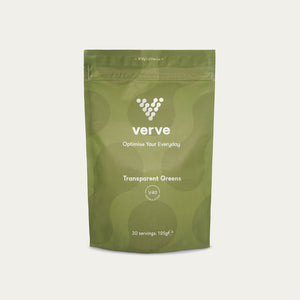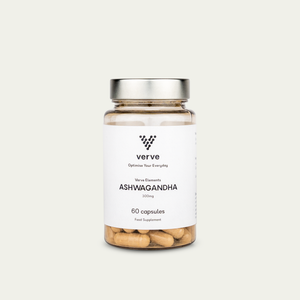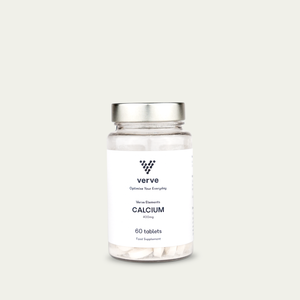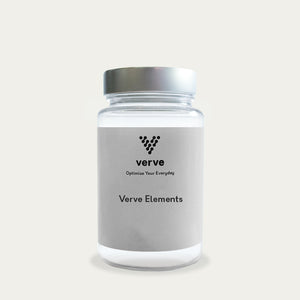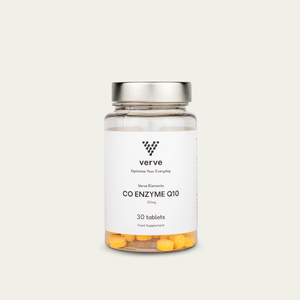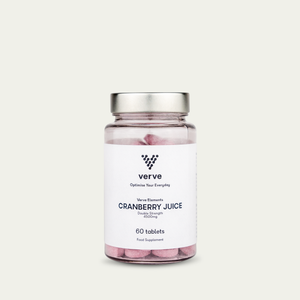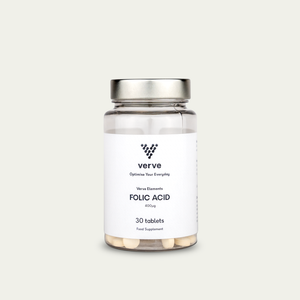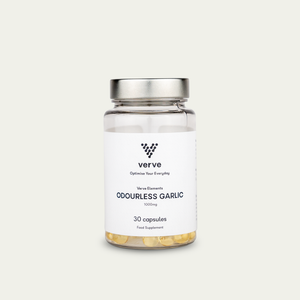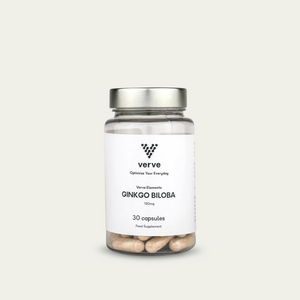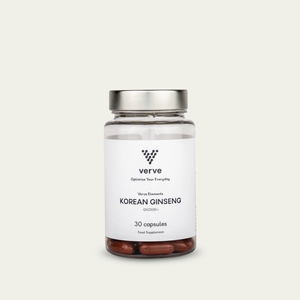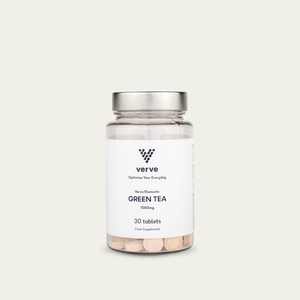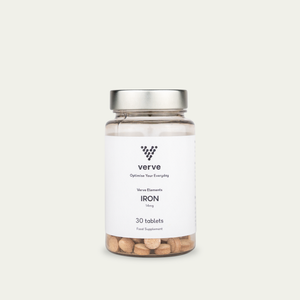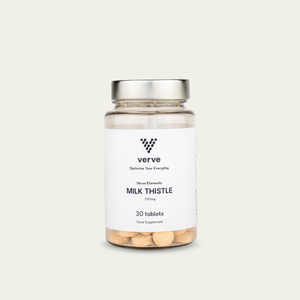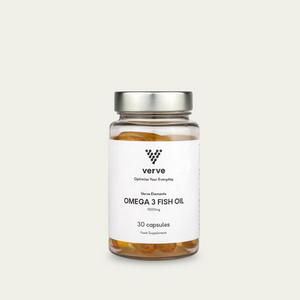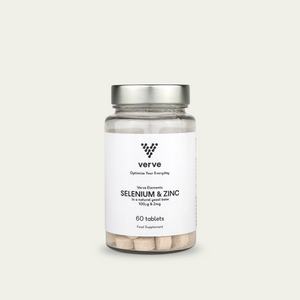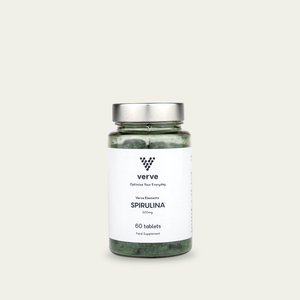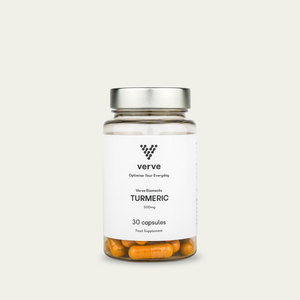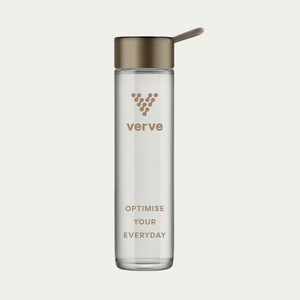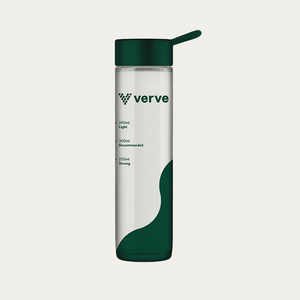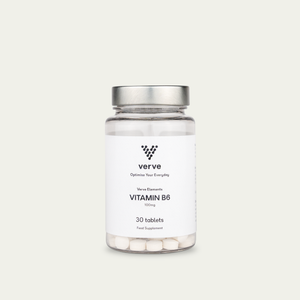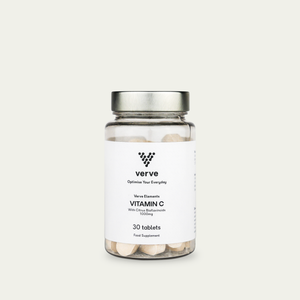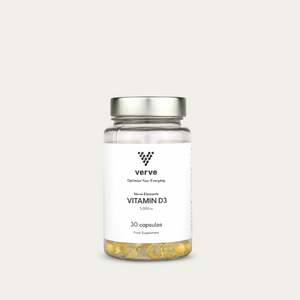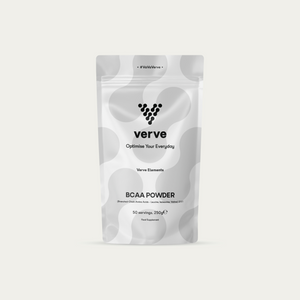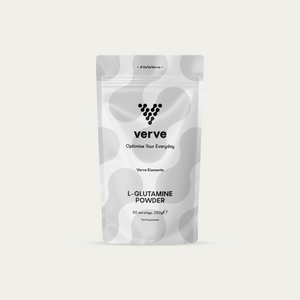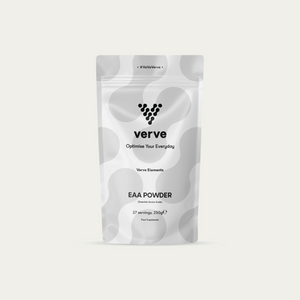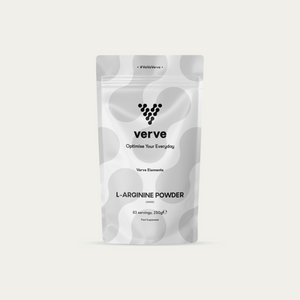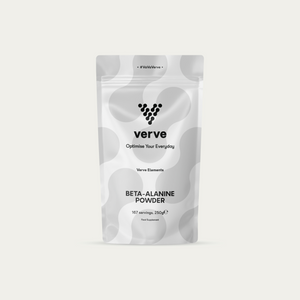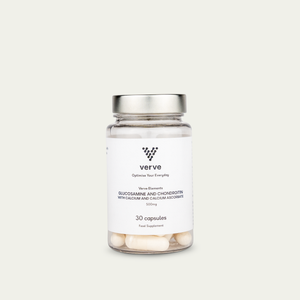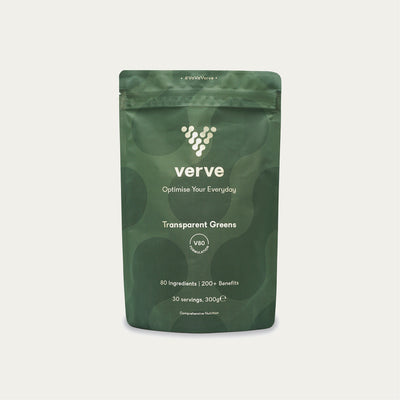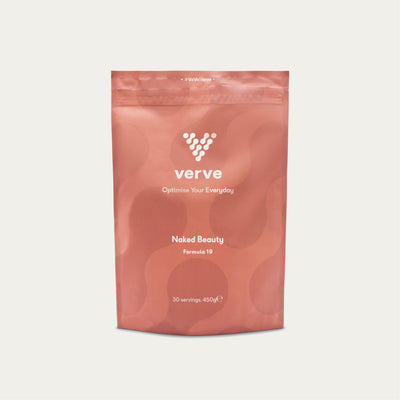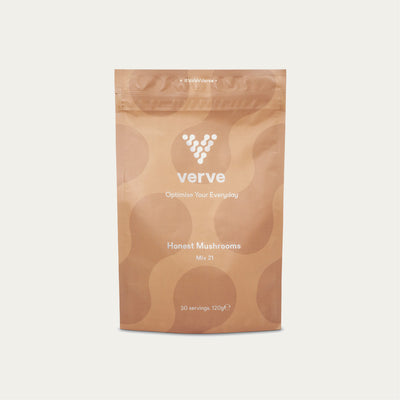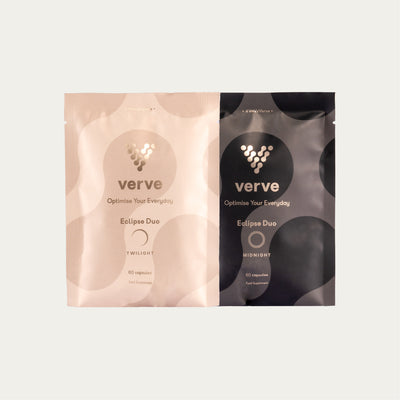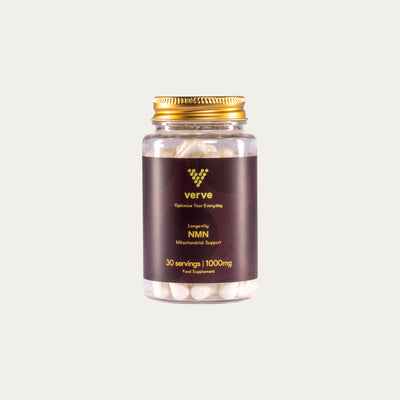What Are the Benefits of Alfalfa Leaf?
Here are twelve potential benefits of incorporating alfalfa leaf into your diet:
1. Antioxidant Powerhouse
Leafy greens like alfalfa are celebrated for their antioxidant properties, and alfalfa leaf is no exception. Antioxidants combat free radicals in your body, which are harmful molecules that can cause oxidative stress and lead to various chronic diseases. By neutralizing these free radicals, antioxidants support overall immune function and protect cells from damage, ensuring the proper functioning of various organs and systems in the body.
This reduction in oxidative stress not only lowers the risk of chronic diseases such as cancer and heart disease but also contributes to anti-aging effects, promoting healthier skin and overall vitality.[1]
2. High in Vitamin C
Alfalfa is an excellent source of vitamin C, an essential nutrient that plays a multifaceted role in supporting health. Vitamin C is vital for collagen production which provides structure to the skin, hair, nails, and connective tissues. This not only helps in maintaining a youthful appearance but also supports the integrity and repair of tissues. Additionally, vitamin C enhances the immune system’s ability to fend off infections and illnesses, acting as an antioxidant itself to neutralize free radicals and protect against cellular damage.
3. Supports Bone Health
Alfalfa is a good source of vitamin K, which is crucial for bone health [2].
Vitamin K is vital for building and maintaining bone tissue. It aids in the formation of proteins involved in bone mineralization and helps regulate calcium levels in the bones and bloodstream, ensuring that calcium is effectively utilized. Adequate intake of vitamin K can significantly reduce the risk of fractures and osteoporosis, particularly as we age or for those with bone-weakening conditions.
By supporting bone density and strength, alfalfa contributes to overall skeletal health.
4. Provides Phosphorus
Alfalfa is rich in phosphorus, a crucial mineral necessary for strong bones and teeth, DNA and RNA formation, and metabolic processes. Phosphorus works alongside calcium to maintain the structure and health of bones and teeth. It also plays a key role in energy production, aiding in the utilization of carbohydrates and fats, and is vital for the repair and growth of tissues and cells. [3]
Thus, incorporating alfalfa into your diet can significantly contribute to overall health and vitality.
5. Anti-Inflammatory Properties
The compounds in alfalfa have anti-inflammatory effects, which can help reduce inflammation in the body.
Inflammation is a natural response of the immune system, but chronic inflammation can lead to various health issues, including arthritis and heart disease. [4] Alfalfa’s anti-inflammatory properties make it a natural option for supporting joint health and reducing discomfort associated with inflammation. By lowering inflammation, alfalfa contributes to better overall health and helps in managing conditions that are exacerbated by inflammatory responses.
6. Contains Copper
Copper, another essential mineral found in alfalfa, plays a significant role in maintaining healthy nerves and immune function. Copper is involved in the production of energy at the cellular level and supports the formation of connective tissue, including bones, skin, and blood vessels. Additionally, copper aids in the development and maintenance of healthy brain function [5], making it an essential nutrient for overall health and well-being. Ensuring adequate copper intake through foods like alfalfa can contribute to better overall physiological functions.
7. Rich in Vitamin A
Vitamin A, found abundantly in alfalfa, is vital for maintaining healthy vision, immune function, and skin health. This nutrient is essential for the maintenance of normal vision, preventing night blindness and other eye-related issues. It also enhances the immune system’s ability to fight off infections, supporting overall health. Additionally, vitamin A promotes healthy skin by supporting cell production and repair [6], contributing to a radiant and youthful complexion. Alfalfa’s high vitamin A content makes it a beneficial addition to your diet for supporting these critical bodily functions.
8. Supports Heart Health
Alfalfa has been linked to improved heart health, thanks to its high content of fiber, antioxidants, and vitamins. The fiber in alfalfa helps lower bad cholesterol (LDL) levels [7], reducing the risk of heart disease. Antioxidants in alfalfa also play a role in maintaining healthy blood pressure levels and reducing inflammation, both of which are crucial for cardiovascular health. Ultimately, alfalfa helps maintain a healthy heart and reduces the risk of heart-related conditions.
9. Helps with Blood Sugar Regulation
Studies have suggested that alfalfa may help regulate blood sugar levels [8], making it beneficial for individuals with diabetes or those looking to maintain stable blood sugar. The fiber in alfalfa slows the absorption of sugars into the bloodstream, leading to more stable blood sugar levels. Additionally, the nutrients in alfalfa can improve the body’s sensitivity to insulin, making it easier to manage blood sugar levels. This makes alfalfa a valuable dietary addition for promoting metabolic health and reducing the risk of diabetes-related complications.
10. High in Iron
Alfalfa is a noteworthy plant-based source of iron, crucial for the production of hemoglobin, the protein in red blood cells that transports oxygen throughout the body. Adequate iron levels are essential for maintaining energy levels and preventing fatigue since iron deficiency can lead to conditions like anemia.
Furthermore, iron supports cognitive function and is vital for maintaining cognitive performance [9]. For vegetarians and vegans, who may struggle to get enough iron from their diet due to not eating red meat, alfalfa provides an excellent alternative to animal-based iron sources.
11. Boosts Immune System
The combination of vitamins, minerals, and antioxidants in alfalfa supports a robust immune system, helping your body fend off illnesses and infections. A strong immune system is more effective at fighting off pathogens and preventing diseases. The nutrients in alfalfa enhance the function of immune cells, promoting overall immune health.
To conclude, Alfalfa can support the body's natural defense mechanisms and promote a healthier, more resilient immune system.
Incorporating alfalfa leaf into your diet can offer a wide range of health benefits.
Are There Any Side Effects of Alfalfa?
Though alfalfa is generally safe for most people, it’s crucial to be aware of potential side effects, especially for those with certain health conditions or who are pregnant. Alfalfa contains canavanine, an amino acid that can be harmful in high amounts, particularly for individuals with autoimmune conditions like lupus, as it may exacerbate symptoms or trigger flare-ups.
Additionally, raw alfalfa sprouts have a higher risk of carrying foodborne pathogens such as E. coli and Salmonella, which can cause severe illness. Thoroughly washing the sprouts can reduce this risk, but it does not eliminate it entirely.
For these reasons, alfalfa supplements may be a better option. They provide the beneficial nutrients found in alfalfa without the risks associated with canavanine and foodborne illnesses. Supplements can deliver a controlled dosage, ensuring you receive the health benefits of alfalfa in a safer form.
Alfalfa Seeds and Sprouts: Usage
There are many simple ways to integrate alfalfa into your diet. For those who enjoy the taste of sprouts, you can easily purchase them at the grocery store to add to your salads, scrambles, or any other dishes. However, raw sprouts do pose a higher risk of foodborne illness, so be sure to wash them well and avoid them if you're in a high-risk group.
If raw alfalfa sprouts aren't your preference, numerous supplements and powders are available both in stores and online. A very convenient option for daily consumption is using a greens powder or dietary supplement. These products typically include alfalfa and other superfoods, designed to fill nutritional gaps and promote a healthy lifestyle.
To make sure you're getting the necessary micronutrients, simply blend the superfood powder into your smoothie. Always check the ingredient label for the appropriate dosage to meet your nutritional needs.
